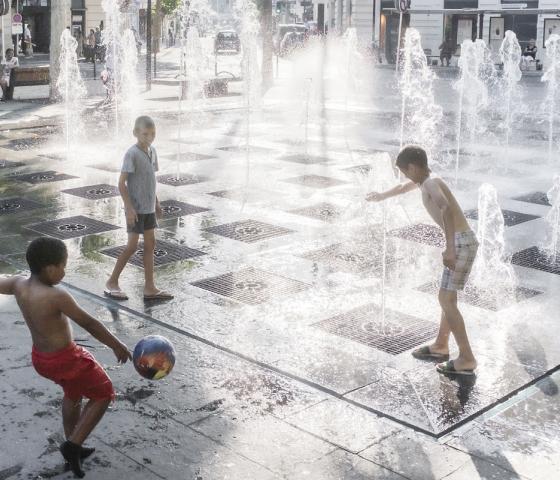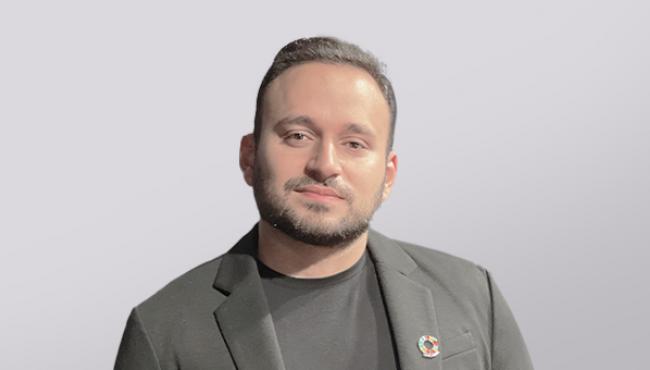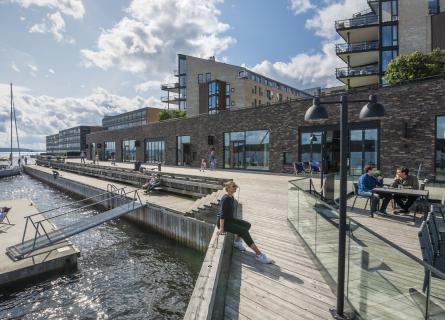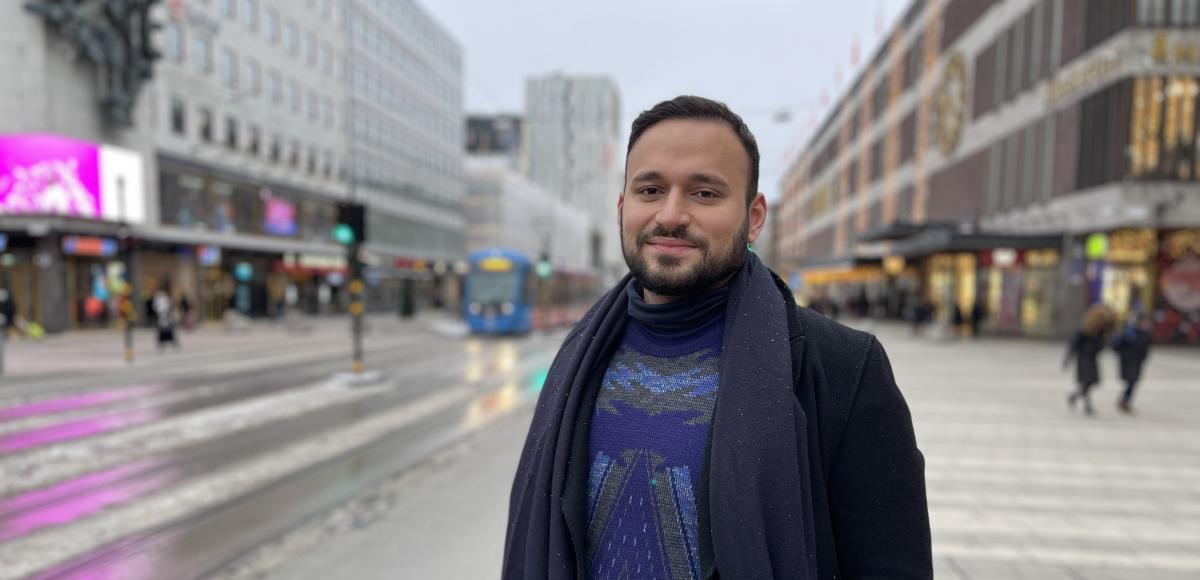
We must safeguard children’s participation in shaping the city
Children make up one third of the global population
On 20 November 1989, the UN adopted the Convention on the Rights of the Child. Sweden became one of the first nations to ratify the Convention in 1990. Since 1 January 2020, the Convention on the Rights of the Child has been subsumed into Swedish law, meaning the rights of children are to be guaranteed – not least when developing cities.
Children make up one third of the global population, according to UNICEF. The UN estimates that 70 percent of the global population will live in cities by 2050, with the majority of these inhabitants comprising children under the age of 18.
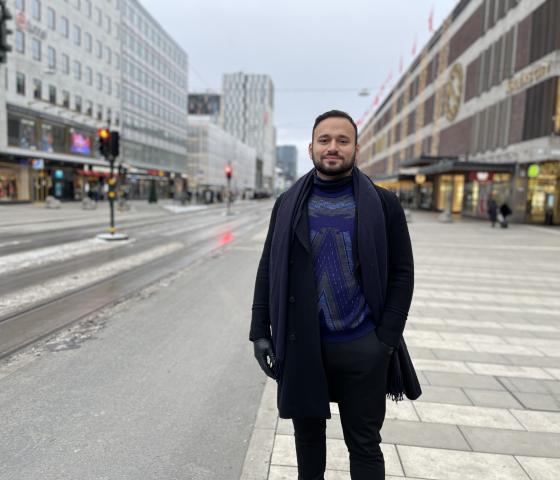
“These facts entail a responsibility – all of us involved in community planning must take responsibility for planning, developing and configuring our cities from the perspective of children too,” explains Mustafa Sherif, Urban Planner at AFRY.
AFRY works strategically with a focus on promoting the children’s rights perspective and children’s participation in early stages of planning and configuration assignments. This is achieved through child impact assessments and analytical studies of planning documents, comprehensive plans, detailed plans, structural plans, urban planning and design studies or proposals and various co-creation methods and tools, for example. This means that children and young people are involved and active throughout the planning and configuration process for our future cities.
“Children are often invited along to project launches once we adults have collected the data and documentation, or at the end when we need viewpoints on completed proposals For us at AFRY, it’s a question of reaching out to the children and including them throughout the process – from start to finish. And feeding back to them, of course,” continues Mustafa.
Research and children’s rights at the core of these efforts
Research has shown that physical activity in outdoor environments in cities is of great importance for children's bodily perceptions, psychosocial and motor development and cognitive ability. Play enables children’s imaginations to develop, along with their ability to understand, interpret and learn about their surrounding environment. It is also in their interaction with other children that they learn about social codes. Children are involved in many of AFRY’s configuration assignments, for example school yards, public places and outdoor environments.
“We invite children and young people to sketch proposals together with our experts. The children are active throughout the process and contribute their knowledge, experiences and views, thus influencing what form their everyday life and living environments should take. Based on research and the importance of including the child’s perspective, AFRY’s ambition is to ensure the children’s rights perspective is always a part of each assignment,” according to Mustafa.
Including children can also involve enhancing their knowledge about urban development and architectural pedagogy. AFRY reaches out to children in schools and carries out creative series of workshops together to exchange knowledge about the planning and design of our future cities. This gives children and young people a better understanding of urban development processes and increased knowledge of how they can be involved and influence their local environment.
Read more about the Convention on the Rights of the Child
AFRY uses the following articles as guidelines in its urban planning and configuration assignments:
Article 2: All children have all these rights, no matter who they are. No child should be treated unfairly for any reason.
Article 3: When adults make decisions, they should think about how their decisions will affect children. All adults should do what is best for children.
Article 6: Every child has the right to be alive. Governments must make sure that children survive and develop in the best possible way.
Article 12: Children have the right to give their opinions freely on issues that affect them. Adults should listen and take children seriously.
Article 23: Every child with a disability should enjoy the best possible life in society. Governments should remove all obstacles for children with disabilities to become independent and to participate actively in the community.
Article 31: Every child has the right to rest, relax, play and to take part in cultural and creative activities.
Read more about the Convention on the Rights of the Child and all articles.
